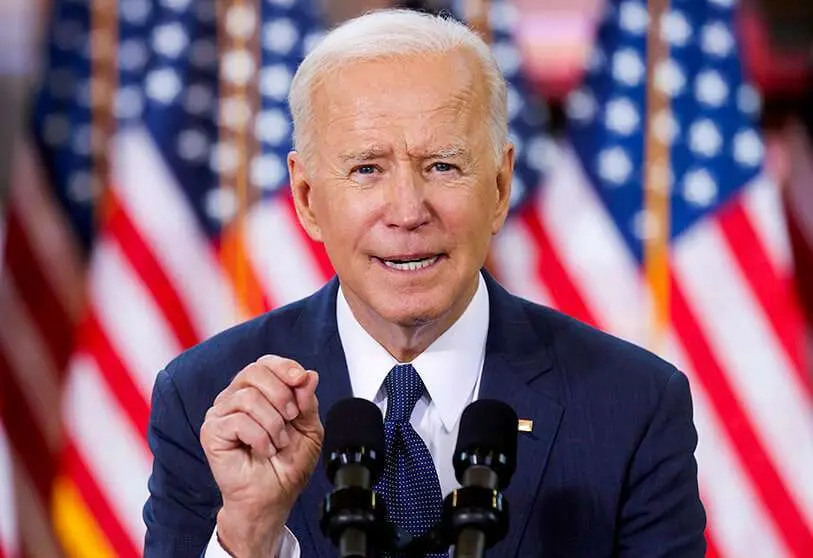Armenian genocide continues to strain international politics

More than a hundred years have passed, 106 to be precise, and the genocide carried out by the Ottomans in Armenia continues to stir up controversy and tensions in relations even within the NATO framework. The Turks, far from acknowledging their sadism, have for a century denied the massacres that left a million dead and consider it a 'casus belli' when historians recall the events.
Now, the denunciation, which relations with Turkey had been dampening in many countries, has just returned to the news, thanks to none other than Biden, the first American president to raise the need for the world to recognise that it was a genocide. The events occurred at the beginning of World War I and erupted after the Ottoman authorities accused Armenian soldiers of not fighting patriotically.
Although peoples of different ethnicities and religions lived side by side in the vast Ottoman Empire, it was the Muslim supremacist Turks who wielded power and imposed their laws. When the war broke out, thousands of Armenian Catholics were conscripted and sent to the fronts where understanding with the military leaders created problems. Opinion within Armenia was clearly against what was happening and the military forces were given carte blanche to repress this attitude.
Many thousands of people were arrested, some sent to concentration camps and most were hanged or shot. There are gruesome photographs of the massacres and many testimonies of the survivors who told how they starved and exhausted themselves on the roads as they walked to the camps where death awaited them, often with machetes.
The Turkish government that emerged from the wreckage of the Empire's disaster, headed by the reformist Mustafa Kemal Atarturk, and the many that followed in a frequently unstable atmosphere, never wanted to speak or hear about what had happened. Several historians who took the risk of researching and publishing their work were severely punished with heavy prison sentences.
Current President Recep Tayyip Erdogan took on the denialist legacy of his predecessors, imbued with his characteristic nationalism and resentment, and turned it into an issue that whenever it arose led to diplomatic confrontation with other countries. The first official testimony of what happened is a message sent in 1907 to the State Department by the then US ambassador reporting what was going on.
The ambassador asked the United States to intervene to stop the massacre, but President Woodrow Wilson in the White House paid little attention to the complaint. Over the years, Turkey became an advanced member of the Atlantic Alliance in the Cold War against the USSR, and successive administrations, both Democratic and Republican, did not want to create problems for themselves with a crucial ally.
Other genocides followed, the Nazi Holocaust, the Cambodian Killing Fields and Rwanda, but the Armenian genocide was not forgotten. Armenians remember it; in Yerevan, the capital, with a monument in honour of the victims and an indelible feeling of hatred towards the Turks that still lingers to this day. Biden has reclaimed American oblivion and is calling for the massacre to be considered genocide, the word that perpetuates this kind of slaughter.

